|
Golden week National holiday 祝日 Vacation 旅行 Consecutive (in a row) 連続した A: "What will you do for golden week?" B: "I will use 2 of my paid holidays together with the national holidays to get 9 consecutive days off. It's a good chance to take a vacation with my family." Saturday May 2nd to Sunday May 10th is 9 days in a row. 英会話レッスン 吉祥寺、新宿、渋谷
2 Comments
This is another common mistake I hear from my Japanese students. Me: "Where do you live?" Student: "I'm living in Saitama." A native speaker would never say this! 自然じゃない! A native speaker would say: "I live in Saitama." This is natural :-) 自然な英語です! どして間違え? Natural Japanese would be "埼玉に住んでいる" 動詞+ている = verb+ing している = doing 私の自転車を乗りている。I'm riding my bicycle. This means the action is happening now. But in English if we do something regularly we will use the simple form of the verb without ING. For example: I ride my bicycle every Saturday. NOT I'm riding my bicycle Saturday. Harvey drives to work every day. NOT Harvey is driving to work every day. I play the guitar. = this is my hobby or something I do often. I’m playing the guitar. = right now! Our city, country, house etc. is where live regularly (every day of course!) do we don't need the ING form of live.
I live in Tokyo. Where do you live? Kumamon, the popular black bear mascot of Kumamoto Prefecture, has been demoted for being too fat. demoted = 降格 Too = すぎ(る) Here are some more examples: I drank too much at the party last night! 昨夜のパーティーで、飲み過ぎちゃったよ! My coffee is too sweet, I added too much sugar! コーヒー甘すぎ, 砂糖入れすぎたよ! Kumamon video 日本語 英会話レッスン 吉祥寺、新宿、渋谷 In English some nouns have a plural form. (複数) We use this form if there are more than 1 of something. 1 person 2 people 1 child 7 children Most nouns that we can count only need an S at the end of the word to make it's plural form. 1 basket 4 baskets 1 flower 100 flowers Here are 3 English words written in katakana that are common in Japan. シャツ、スーツ、フルーツBecause the kana ツ makes a tsu sound at the end of these words, it sounds like they are plural. shirts, suits, and fruits My Japanese friend told me he had to buy a new スーツ. I explained that 'a' means one, so he doesn't need it in this sentence. “I have to buy new suits” is correct. "No, no!" He said. "I only need 1 new スーツ." Ah! Okay, you should say "I want to buy a new suit." スーツ sounds just like suits in English, so be careful! Suits means more than 1. "My shirt is still at the dry cleaners." (One shirt) "Eric eats fresh fruit everyday with his breakfast." (when we talk about fruit in general we don't need an S) 分かりますか?質問があったら、コメントに書いて下さい! |
English 808Dave has been teaching English to Japanese students since 2006! Archives
August 2015
Categories |
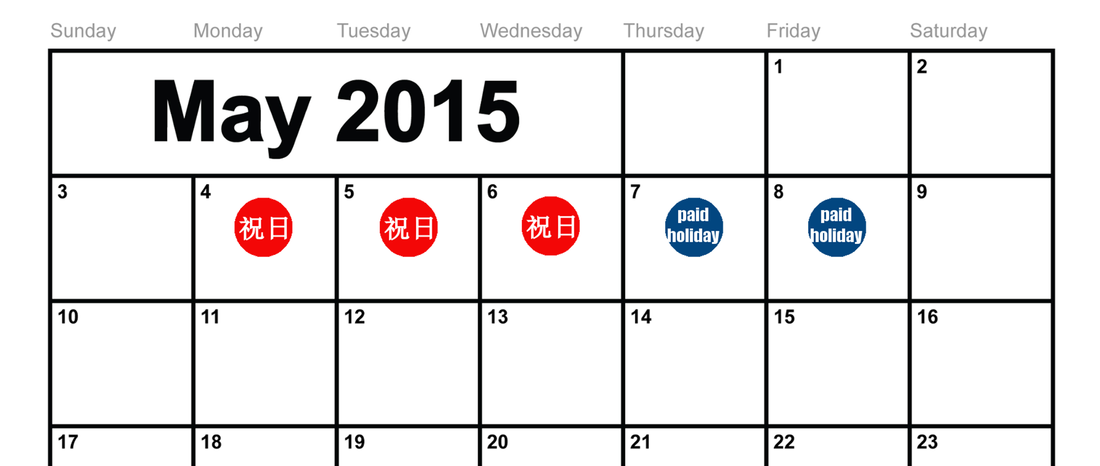
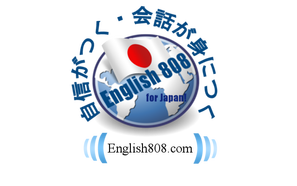

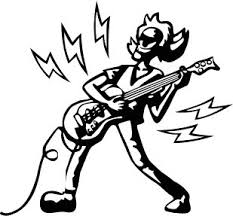
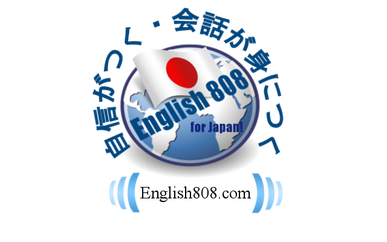
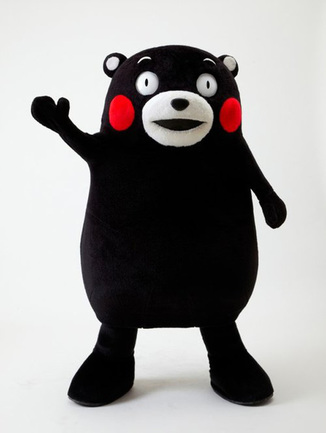

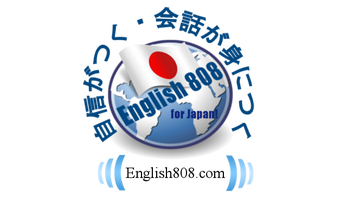

 RSS Feed
RSS Feed
